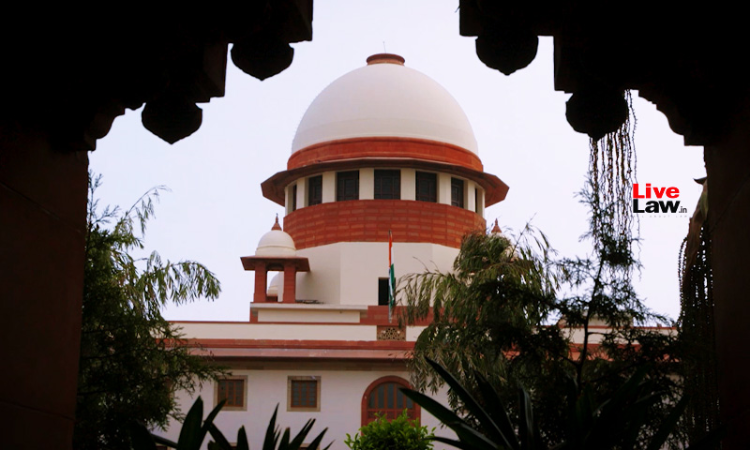The Supreme Court observed that production of injury report is not a sine qua non for establishing the case for the offence under Section 323 Indian Penal Code.In this case, the accused are convicted for the offences under Section 323 and 147 IPC and are sentenced to undergo six months simple imprisonment. The accused had allegedly formed an unlawful assembly "to snatch the voters list and...

